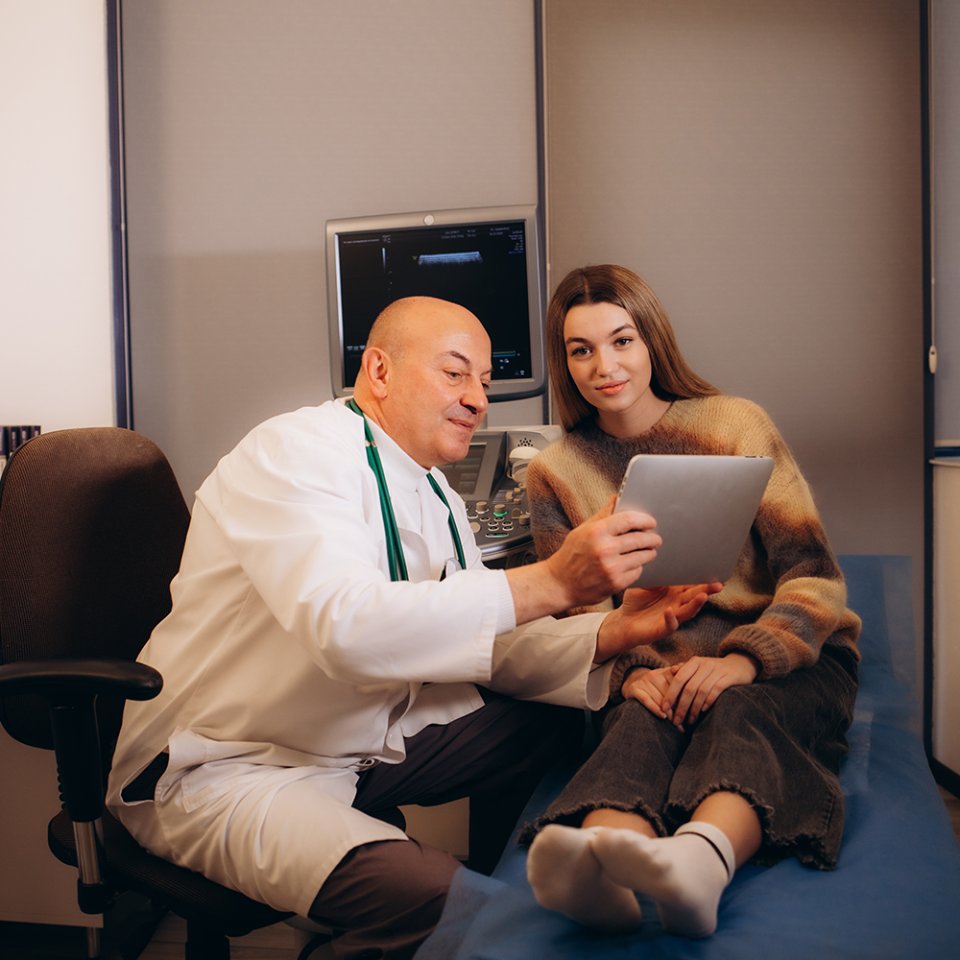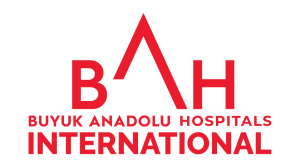What is Pancreatic Surgery?
Pancreatic surgery refers to surgical procedures performed to treat conditions affecting the pancreas — an essential organ responsible for digestion and blood sugar regulation. These procedures are often necessary for pancreatic tumors, cysts, chronic inflammation, or trauma. Surgery may involve removing part of the pancreas, draining cysts, or addressing bile duct problems caused by pancreatic disease.

Why is Pancreatic Surgery Needed?
Pancreatic surgery may be required in the following cases:
-
Pancreatic cancer or tumors (benign or malignant)
-
Pancreatic cysts or pseudocysts
-
Chronic pancreatitis (persistent inflammation causing severe pain)
-
Trauma or injury to the pancreas
-
Blockages of the pancreatic duct or bile duct
-
Neuroendocrine tumors
Untreated pancreatic problems can affect digestion, insulin production, and overall health, making timely surgery crucial.
Types of Pancreatic Surgery
At Büyük Anadolu Hospital, our specialized surgical team offers advanced techniques such as:
Whipple Procedure (Pancreaticoduodenectomy)
A complex surgical operation performed to remove the head of the pancreas, part of the small intestine (duodenum), the gallbladder, and sometimes part of the bile duct. It is most commonly used to treat pancreatic cancer or tumors located in the head of the pancreas. The Whipple procedure is performed by experienced surgeons at Büyük Anadolu Hospital using advanced techniques to ensure safety and effective recovery.
Distal Pancreatectomy
A surgical procedure in which the body and tail of the pancreas are removed, often used to treat tumors or cysts located in these regions. In some cases, the spleen may also be removed if it is affected. At Büyük Anadolu Hospital, this operation is performed using laparoscopic or minimally invasive techniques whenever possible, helping patients recover faster with less discomfort.
Total Pancreatectomy
A surgical procedure in which the entire pancreas is removed. It is usually recommended for patients with widespread pancreatic disease, multiple tumors, or severe chronic pancreatitis that cannot be treated by partial surgery. Since the pancreas produces both insulin and digestive enzymes, patients require lifelong insulin therapy and enzyme replacement after surgery. At Büyük Anadolu Hospital, our specialists ensure careful management and long-term follow-up to maintain quality of life after the procedure.
Drainage Surgery
Drainage surgery is performed to relieve fluid buildup caused by pancreatic pseudocysts or blocked ducts. The procedure involves creating a surgical connection between the cyst and the stomach or small intestine, allowing the fluid to drain naturally. At Büyük Anadolu Hospital, minimally invasive methods are preferred whenever possible to ensure faster recovery and reduced complications.
Minimally Invasive (Laparoscopic) Techniques
At Büyük Anadolu Hospital, whenever possible, pancreatic surgeries are performed using minimally invasive (laparoscopic) techniques. These procedures are done through small incisions using a camera and specialized instruments, resulting in less pain, smaller scars, shorter hospital stays, and faster recovery. This modern approach provides effective treatment outcomes while prioritizing patient comfort and safety.
How is Pancreatic Surgery Performed?
-
Conducted under general anesthesia
-
Duration: 4–8 hours, depending on the procedure
-
Can be performed through open surgery or laparoscopic/robot-assisted techniques
-
Hospital stay: typically 7–10 days
-
Careful monitoring in intensive care may be required for complex cases


Recovery After Pancreatic Surgery
-
Initial recovery: 3–4 weeks
-
Full recovery: 6–8 weeks, depending on the complexity
-
Temporary fatigue, digestive changes, and blood sugar fluctuations may occur
-
Patients may require enzyme supplements and nutritional counseling
-
Regular follow-ups ensure smooth recovery and long-term health support
Possible Risks & Our Preventive Measures
| Possible Risks | Our Preventive Measures |
|---|---|
| Bleeding during or after surgery | Advanced surgical methods & close monitoring |
| Infection | Strict sterilization & preventive antibiotics |
| Leakage from pancreatic or bile ducts | Careful intraoperative technique & drainage support |
| Diabetes due to reduced insulin output | Endocrinology support & blood sugar management |
| Digestive problems (malabsorption) | Enzyme supplements & personalized diet plans |
Pancreatic Surgery FAQ
Surgery is often the best chance for cure in localized pancreatic cancers, but the overall treatment plan depends on the stage of the disease and the patient’s general health. In some cases, a combination of surgery, chemotherapy, and radiotherapy provides the most effective outcome.
On average, 2–3 weeks including hospital stay and early recovery.
Yes, but some patients may need enzyme supplements and dietary adjustments.
No, the pancreas cannot regrow, but with proper treatment and follow-up, patients can live healthy lives even after part of it is removed.
